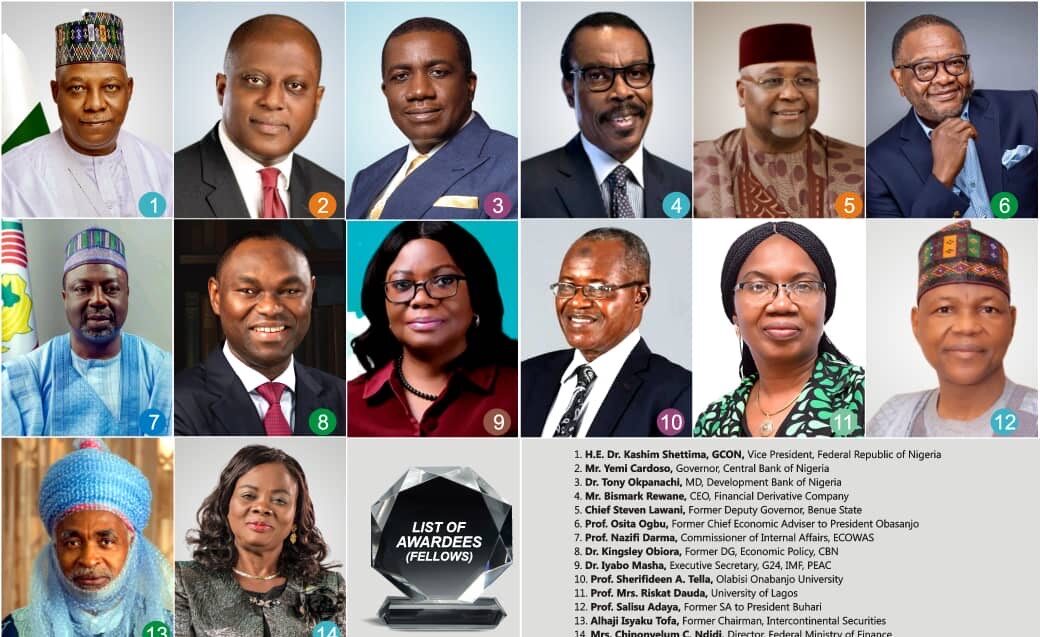By Ernest Mbaka, MBA, CEMS, CIBS
Rt. Hon. Benjamin OkezieKalu, Deputy Speaker of Nigeria’s House of Representatives, exemplifies a new breed of dynamic and progressive African leadership, rooted in technocratic competence, institutional foresight, and civic inclusion. In a political landscape often marred by inertia, his emergence signals the rise of a statesman whose political identity is shaped as much by ideas and reform as by representation and consensus-building.
Kalu’s leadership is a study in progressive technocracy: ideologically forward-thinking, economically pragmatic, and institutionally visionary. At the heart of his politics lies the progressive conviction that political, economic, and social equity not only reflects justice but also serves as engines of national development. His rise is, therefore, not merely a testament to personal acumen but also a reflection of a broader shift in the character of Nigerian leadership toward data-driven governance, participatory federalism, and fiscal transparency.
Political Vision and Institutional Reform
Rt. Hon. Kalu’s political philosophy reflects a keen awareness of the historical and structural bottlenecks that have hindered Nigeria’s development. Over-centralization, ethno-regional exclusion, and weak intergovernmental cooperation have long frustrated national cohesion and economic dynamism. Kalu’s agenda directly confronts these challenges through constitutional amendment efforts, digital governance legislation, and youth-focused reforms.
As Deputy Speaker, he has emerged as a strategic architect of institutional reform. He has championed bills aimed at fiscal accountability, enhanced federalism, and inclusive representation. Among his notable legislative achievements is the sponsorship and advocacy for the Southeast Development Commission (SEDC), an initiative designed to address developmental inequities and post-conflict reconstruction in the Southeast.
Additionally, his flagship Peace in the Southeast Project (PISE-P), a nonpartisan peacebuilding initiative, addresses the socio-economic roots of regional agitation by promoting civic reintegration, intergovernmental cooperation, and regional economic revitalization.
The official launch of The Renewed Hope
Partners initiative further demonstrates Kalu’s commitment to translating the achievements of the Commander-in-Chief of the Armed Forces of the Federal Republic of Nigeria, President Bola Ahmed Tinubu, into tangible, people centered dividends for the Southeast and beyond. This initiative serves as a vital bridge between national priorities and the unique aspirations of the region.
This initiative responds to the call for collective effort toward inclusive growth under the current administration. It is designed to empower communities, provide hope to the vulnerable, foster sustainable development, and ultimately strengthen public confidence and support for its continuity.
Kalu’s reformist style is pragmatic yet aspirational. He combines institutional literacy with political dexterity, enabling him to broker consensus across Nigeria’s fragmented political blocs. In a legislature often shaped by sectionalism and partisanship, he has distinguished himself as a rare bridge-builder, valued not only for his oratory but for his capacity to advance national cohesion through dialogue and shared purpose.
Economic Pragmatism and Financial Stewardship
Economically, Kalu advances a modern developmentalist model. He advocates for fiscal federalism, public-private partnerships, and economic decentralization while ensuring pro-poor and pro-investment safeguards. His policy stance is grounded in a belief that sustainable development must be inclusive, innovation-driven, and regionally sensitive.
He has consistently emphasized the importance of expanding Nigeria’s tax base through the formalization of the informal sector and improved digital revenue collection. His legislative priorities have supported MSME growth, digital economy integration, and labor productivity reforms. This places him at the nexus of inclusive capitalism and strategic governance, advocating not merely for economic growth but for equitable prosperity.
Kalu’s international engagements further demonstrate his fluency in development economics and global governance. His participation in parliamentary diplomacy, support for African Continental Free Trade Area (AfCFTA) protocols, and engagement with global development institutions reflect a statesman aware of the interdependencies shaping 21st-century African economies. His fiscal nationalism, anchored in protecting domestic economic sovereignty, is balanced by a constructive openness to multilateralism and international norms.
Intellectual Orientation and Policy Depth
Perhaps the most distinguishing hallmark of Kalu’s leadership is his intellectual approach to public policy. He brings a rare combination of doctrinal clarity, comparative analysis, and normative vision to legislative debate. His interventions on matters such as power sector reform, climate resilience, youth unemployment, and constitutional restructuring are consistently grounded in evidence and strategic foresight.
Kalu treats legislation not as a performative ritual but as a technocratic instrument for longterm structural change. His emphasis on institutional durability, rather than short-term expediency, positions him among a new cohort of policy-focused lawmakers who are redefining the role of the National Assembly from a reactive body to a co-equal branch of governance.
A Future Beyond Legislature
As Nigeria enters a pivotal phase of democratic consolidation and economic recalibration, Rt. Hon. Benjamin Kalu emerges as a credible agent for the Renewed Hope Agenda of President Bola A. Tinubu’s administration. His trajectory, marked by disciplined policymaking, fiscal sensibility, and a deep commitment to institutional reform, positions him not merely as a legislative tactician but as a transformative statesman. Whether ascending further within the legislative hierarchy or assuming responsibilities at the subnational level as state chief executive, Kalu’s governance orientation reflects a rare blend of technocratic competence and political adaptability. His intergenerational appeal, grounded in developmental pragmatism and democratic inclusion, signals his potential to help reimagine governance, anchoring it in accountability, innovation, and sustainable economic stewardship. In a polity where the average age of leadership remains stubbornly high and civic trust in institutions continues to erode, Rt. Hon. Kalu’s reformist style represents a generational pivot. He resonates with a rising demographic of young Nigerians, those who demand transformation over tokenism, competence over charisma, and strategy over slogans.
Conclusion
Rt. Hon. Benjamin O. Kalu is not merely an emerging figure in Nigerian politics; he is a prototype of the progressive technocrat: intellectually agile, economically attuned, institutionally grounded, and diplomatically astute. As the country faces complex internal and global pressures, his rise signals a hopeful turn toward a governance model that prizes inclusion, evidence, and long-term national renewal
References:
Gberevbie, D. E., Oyeyemi, O. A., & Joshua, S. (2021). Leadership and technocracy in Nigeria’s Fourth Republic: Evaluating policy impact. Journal of African Political Studies, 19(2), 45–63.
International Parliamentary Union. (2024, March 5). A conversation with Hon. Benjamin Kalu on digital inclusion and peacebuilding in Nigeria. https://www.ipu.org
Nwabughiogu, L. (2023, August 20). Benjamin OkezieKalu: Another era of political detractions? The Guardian Nigeria. https://guardian.ng
Wikipedia contributors. (2024, June 15). Benjamin Kalu. In Wikipedia.
Umejei, E. (2022).Technocratic leadership and the reimagining of legislative governance in Nigeria. African Affairs Review, 12(4), 89–112.



